Ennio Morricone at the O2 Arena
The legend, the maestro… every epithet given to Ennio Morricone evokes a sense of eminence and profound admiration.
![]() In the film-scoring industry the impact of his compositions is the equivalent of the Renaissance: he envisaged completely new soundscapes and sound palettes, changing the way composing is conceived and inspiring the likes of Hans Zimmer and Alexandre Desplat, as well as bands Metallica, Muse and Sigur Rós.
In the film-scoring industry the impact of his compositions is the equivalent of the Renaissance: he envisaged completely new soundscapes and sound palettes, changing the way composing is conceived and inspiring the likes of Hans Zimmer and Alexandre Desplat, as well as bands Metallica, Muse and Sigur Rós.
He never won an Oscar, but we are talking about the years when the visionary genius of Stanley Kubrick wasn’t worth more than a nomination for the Academy.
The O2 Arena – globally famous for massive rock concerts, pop residencies and sporting events – has rarely hosted a night with this level of finesse. The performance may well be the most complex musical moment since the venue’s inception.
The evening starts off as a true greatest hits show: The Strength of the Righteous from The Untouchables, Deborah’s Theme from Once Upon a Time in America and The Legend of the Pianist from The Legend of 1900.
Shortly before focusing on the Dollars Trilogy, Morricone takes a short diversion into lesser-known scores including the irresistible bossa nova of Metti, una Sera a Cena from Love Circle – a pure joy.
It goes without saying that the crowd of 15,000 is mainly here for the spaghetti western. From The Good, The Bad and The Ugly titles theme to The Ecstasy of Gold, all the hits are delivered. The latter number is the perfect set-closer, but Once Upon a Time in the West is the highlight of the quartet.
![]() Although the partnership with Sergio Leone was the spark and fuel for his most well-known compositions – the two were actually classmates before working together – Morricone reached the apex of his career in 1986, scoring Roland Joffe’s The Mission. Funnily enough, he thought the movie was perfect without music and had to be convinced to work on it. Never has a doubt been so fruitful: On Earth as It Is in Heaven is one of the paramount musical moments of the 20th century, transcending the confines of music and reaching a true religious scope. It conveys what masses and theology essays struggle to achieve. So does Gabriel’s Oboe, the music through which priest Jeremy Irons convinces hostile Paraguayan tribes to welcome his mission.
Although the partnership with Sergio Leone was the spark and fuel for his most well-known compositions – the two were actually classmates before working together – Morricone reached the apex of his career in 1986, scoring Roland Joffe’s The Mission. Funnily enough, he thought the movie was perfect without music and had to be convinced to work on it. Never has a doubt been so fruitful: On Earth as It Is in Heaven is one of the paramount musical moments of the 20th century, transcending the confines of music and reaching a true religious scope. It conveys what masses and theology essays struggle to achieve. So does Gabriel’s Oboe, the music through which priest Jeremy Irons convinces hostile Paraguayan tribes to welcome his mission.
Another notable partnership is the one with director Giuseppe Tornatore. The Legend of 1900 and Nuovo Cinema Paradiso – the focus of the beginning of the second act – are two scores that reflect the maestro’s skills: the former with a universe of jazz and blues, where rhythmical and orchestral elements are mixed with the wisest and smartest touch; the latter with mellow and ethereal melodies. Yes, he’s been clever too, daring and groundbreaking. That’s how he and Leone reinvented westerns: the long closeups on gunmen, the dust and the celestial chants, the string arrangements.
Morricone’s music is not only orchestral and choral. He has scored high-profile dramas, comedies and westerns, as well as enjoyable b-movies and micro productions with unexpected minimalism. He is not only one of the most influential composers but also one of the most prolific, with 525 scoring credits.
His melodies explode like atomic bombs, pervading and overwhelming; but there’s more to his canvas – he knows how to trace more oblique, obsessive traits, as he does in Investigation of a Citizen Above Suspicion
Morricone’s tour, 50 Years of Music, can’t be described with words; it’s a journey into the beauty of music. A five-minute ovation recalls the maestro to the stage for the perfect encore, his two most incredible compositions: The Ecstasy of Gold and On Earth as It Is in Heaven.
When the composer eventually received an Oscar in 2007, the Honorary Award, he said – aged 79 – in his speech: “This is not achieving a goal for me, this is a starting point”. He was right.
Filippo L’Astorina, the Editor
Photos: Laura Denti
For further information about Ennio Morricone and future events visit here.

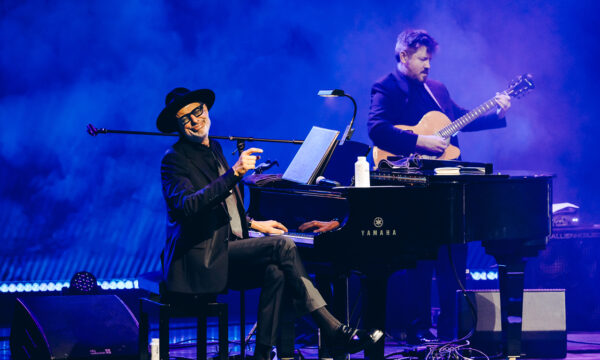

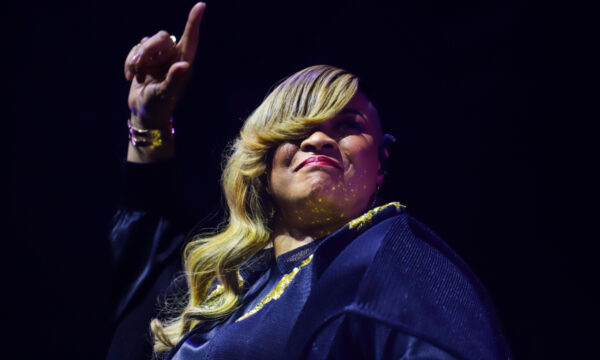
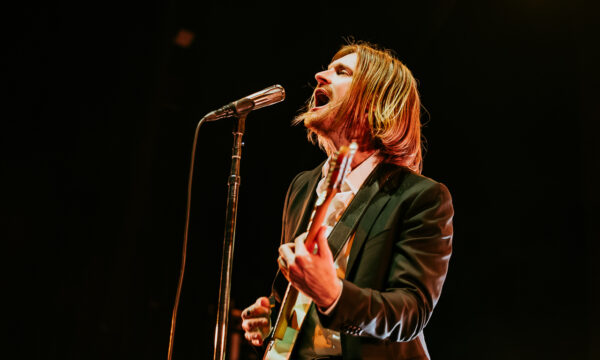
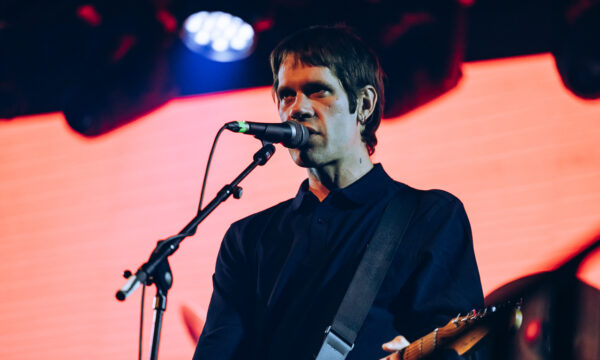
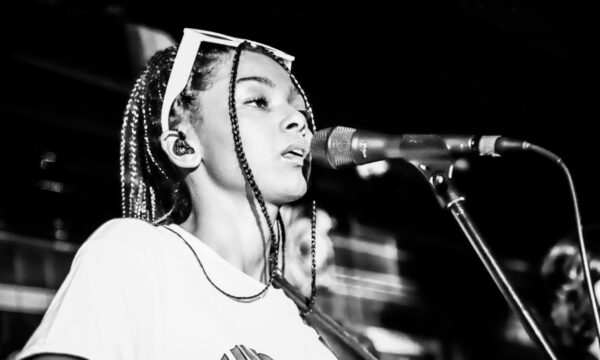
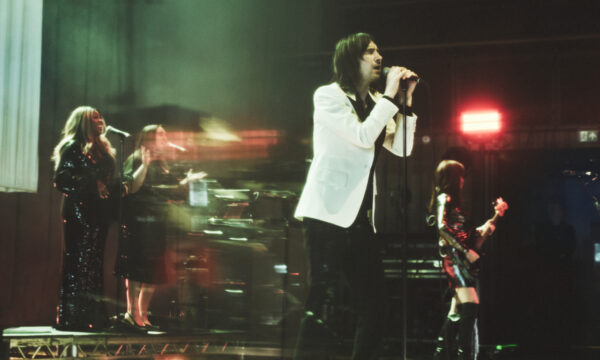
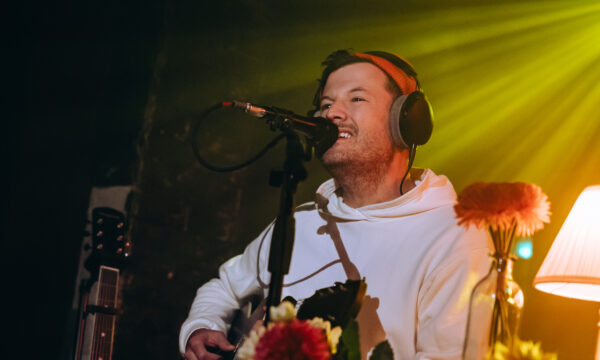
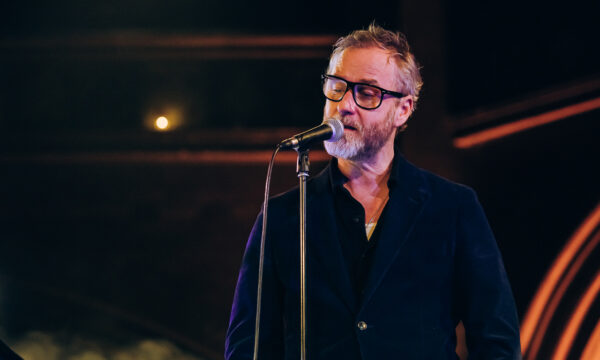














Facebook
Twitter
Instagram
YouTube
RSS